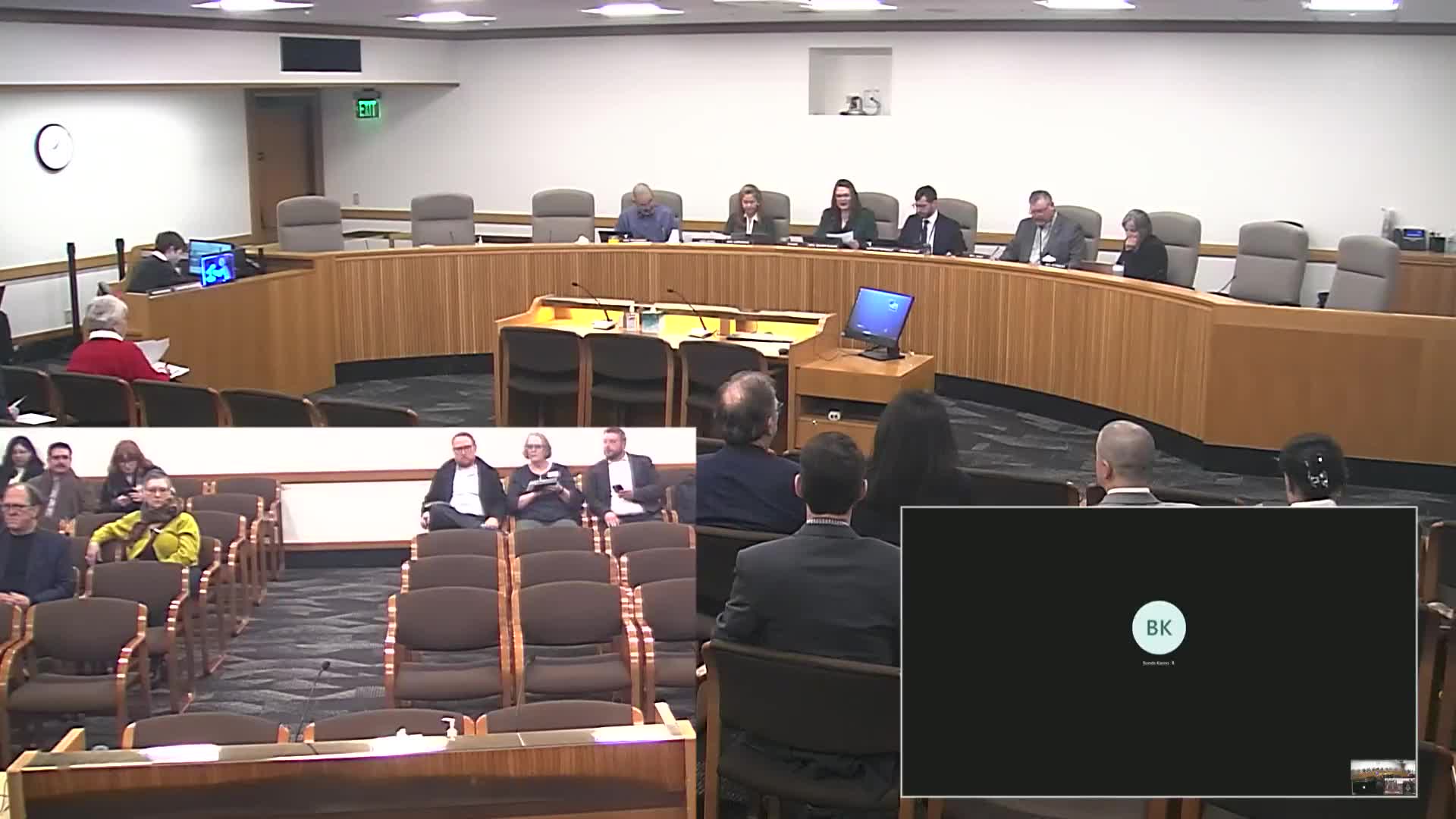Article not found
This article is no longer available. But don't worry—we've gathered other articles that discuss the same topic.
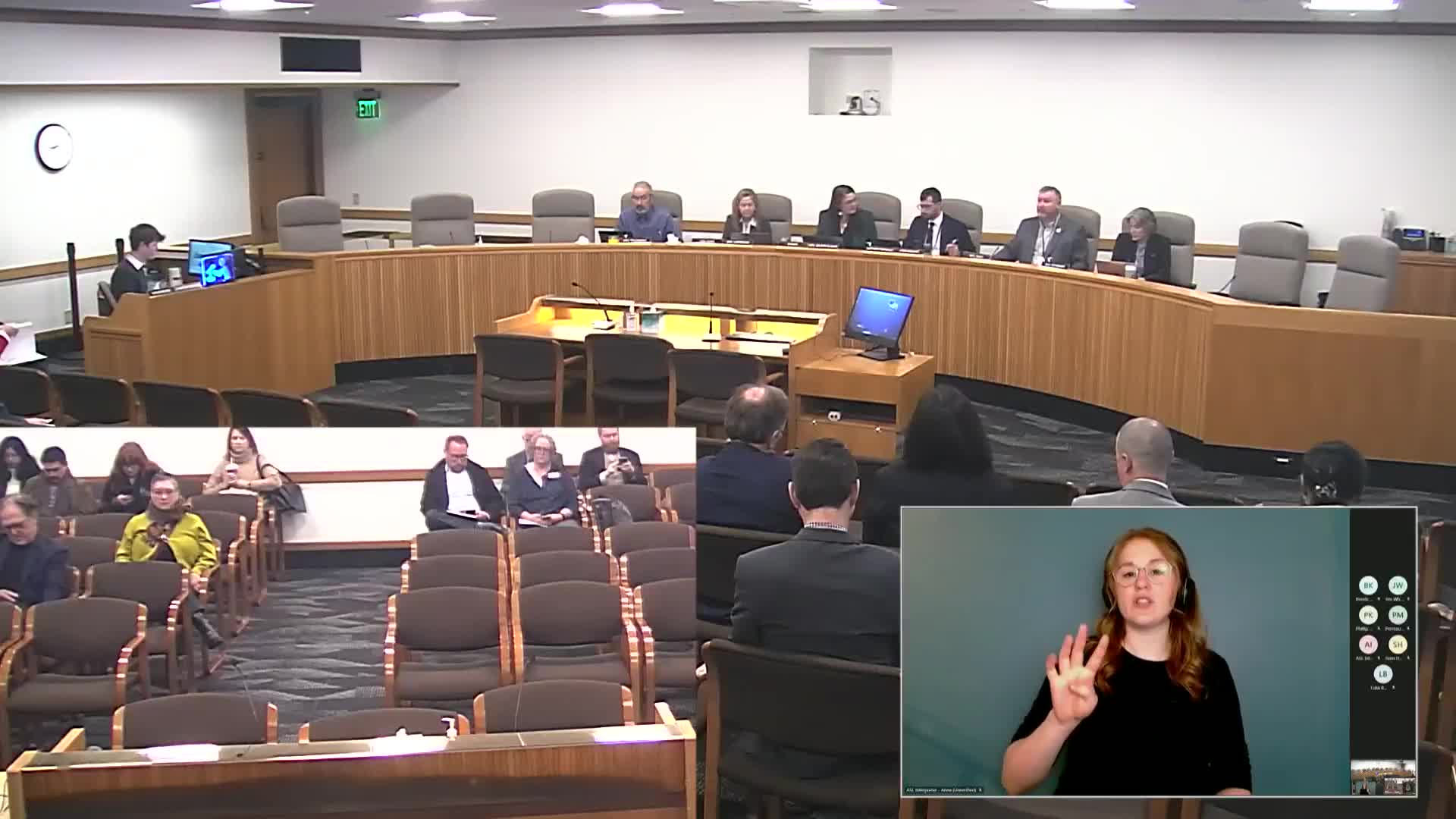
Heated public hearing on SB 644: sponsors call for legislative audit of Oregon Food Bank; nonprofit leaders and civil liberties groups oppose bill
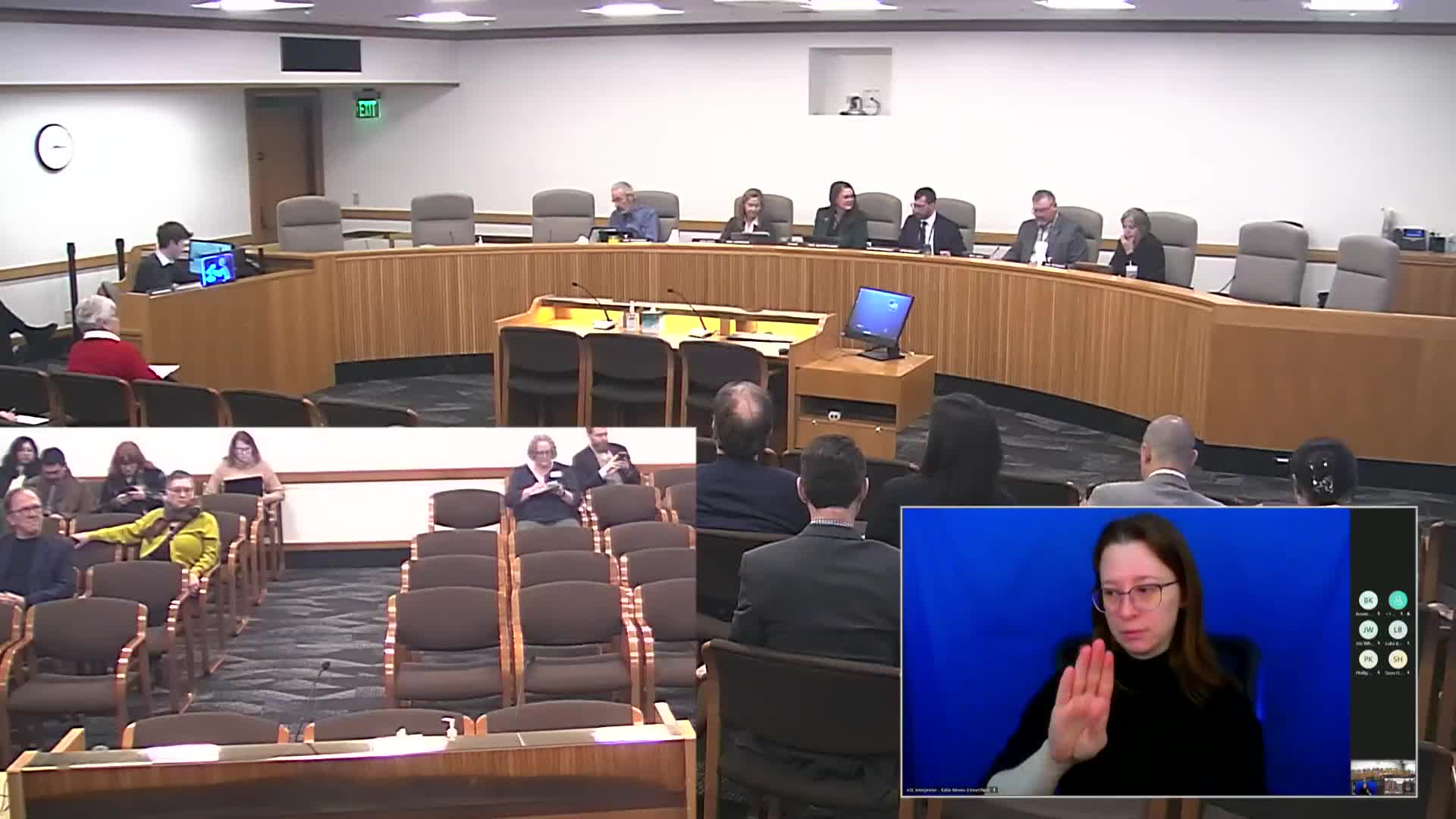
Committee hears public testimony on SB 465 to remove annual cap on IDA matching funds and replace with lifetime cap
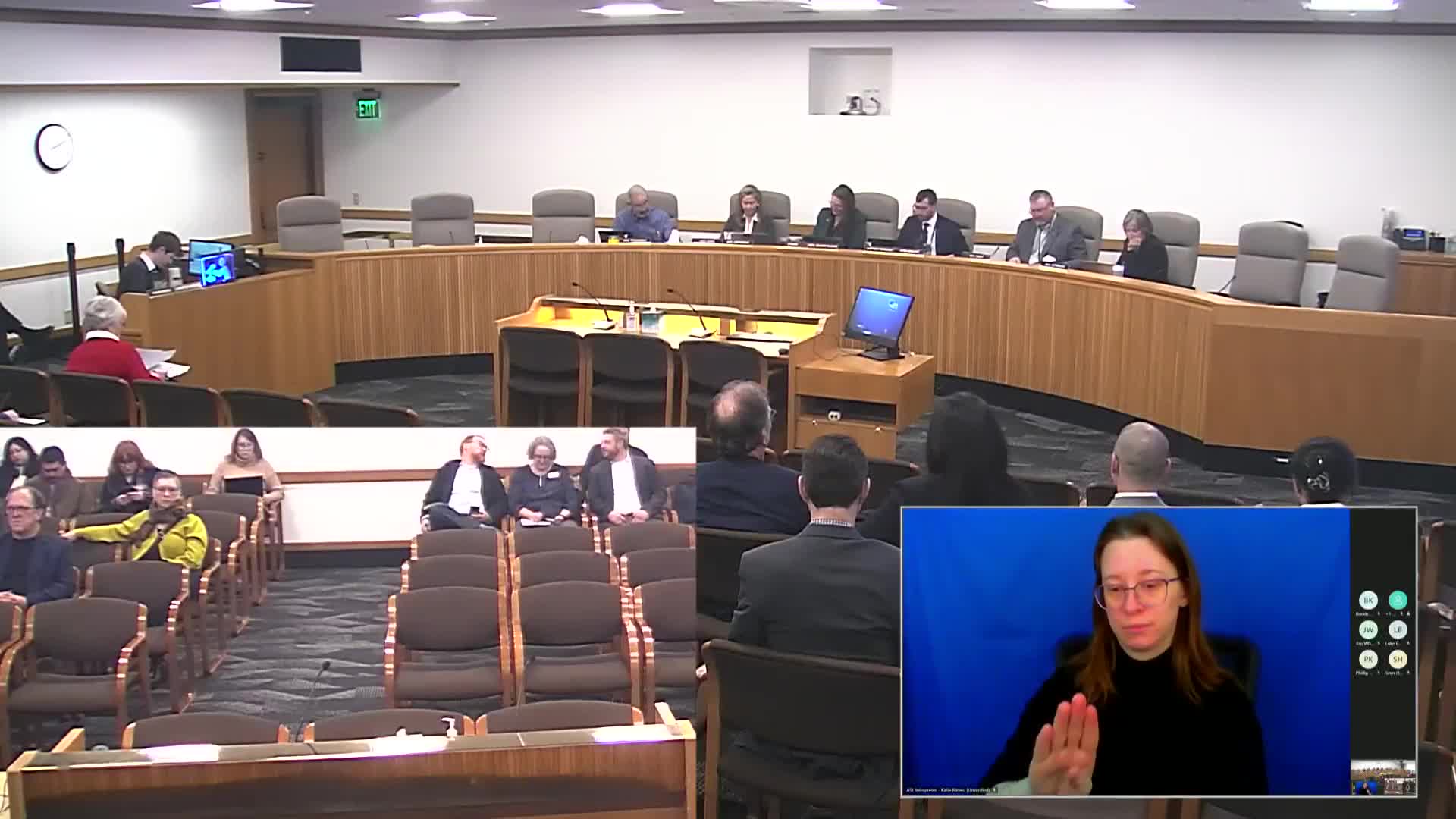
Committee advances SB 64 asking DHS to seek waiver so dependent care tax credit does not affect SNAP eligibility
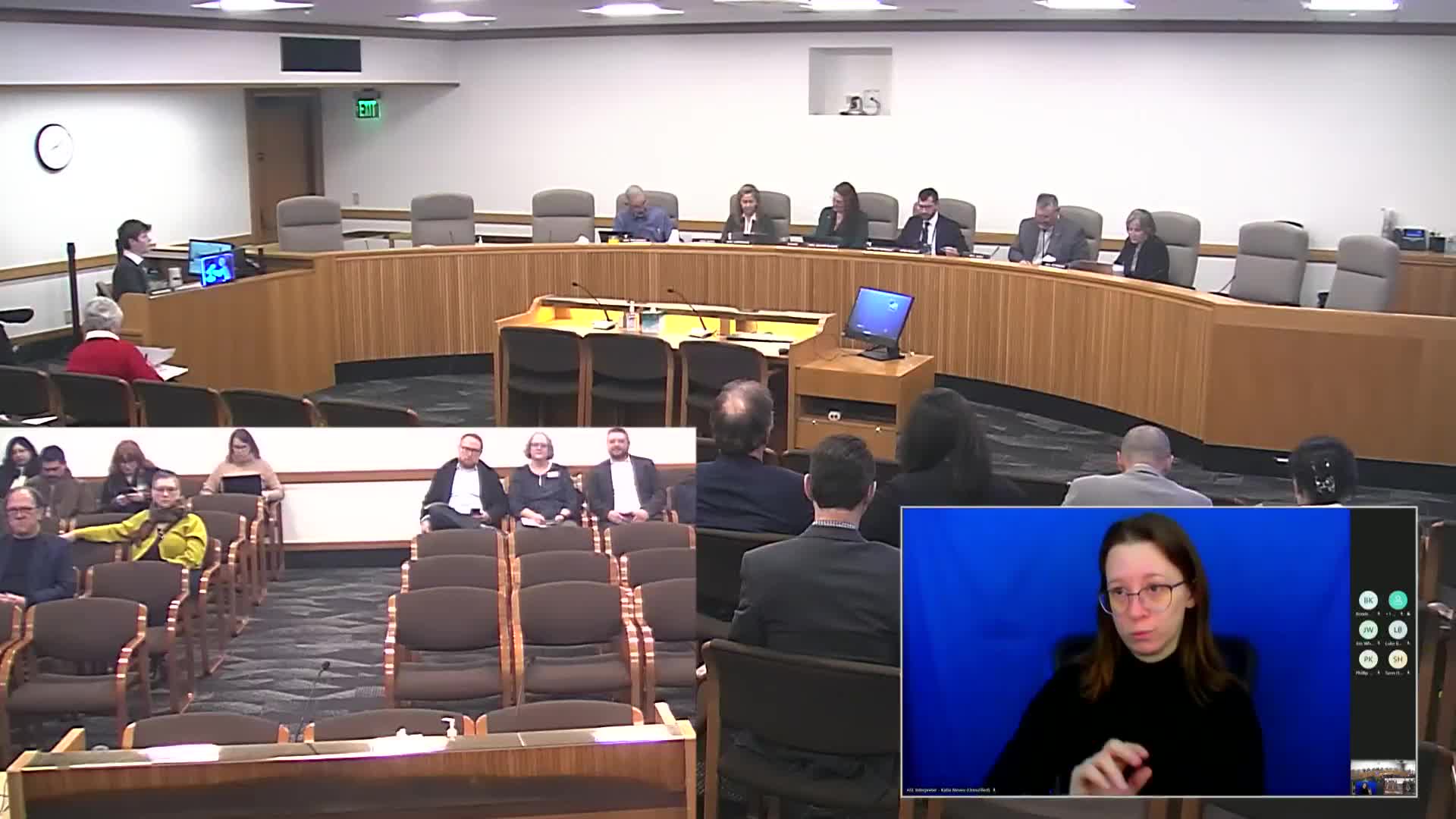
Committee advances $6 million appropriation for Merriam Polk Food Share expansion to Ways and Means
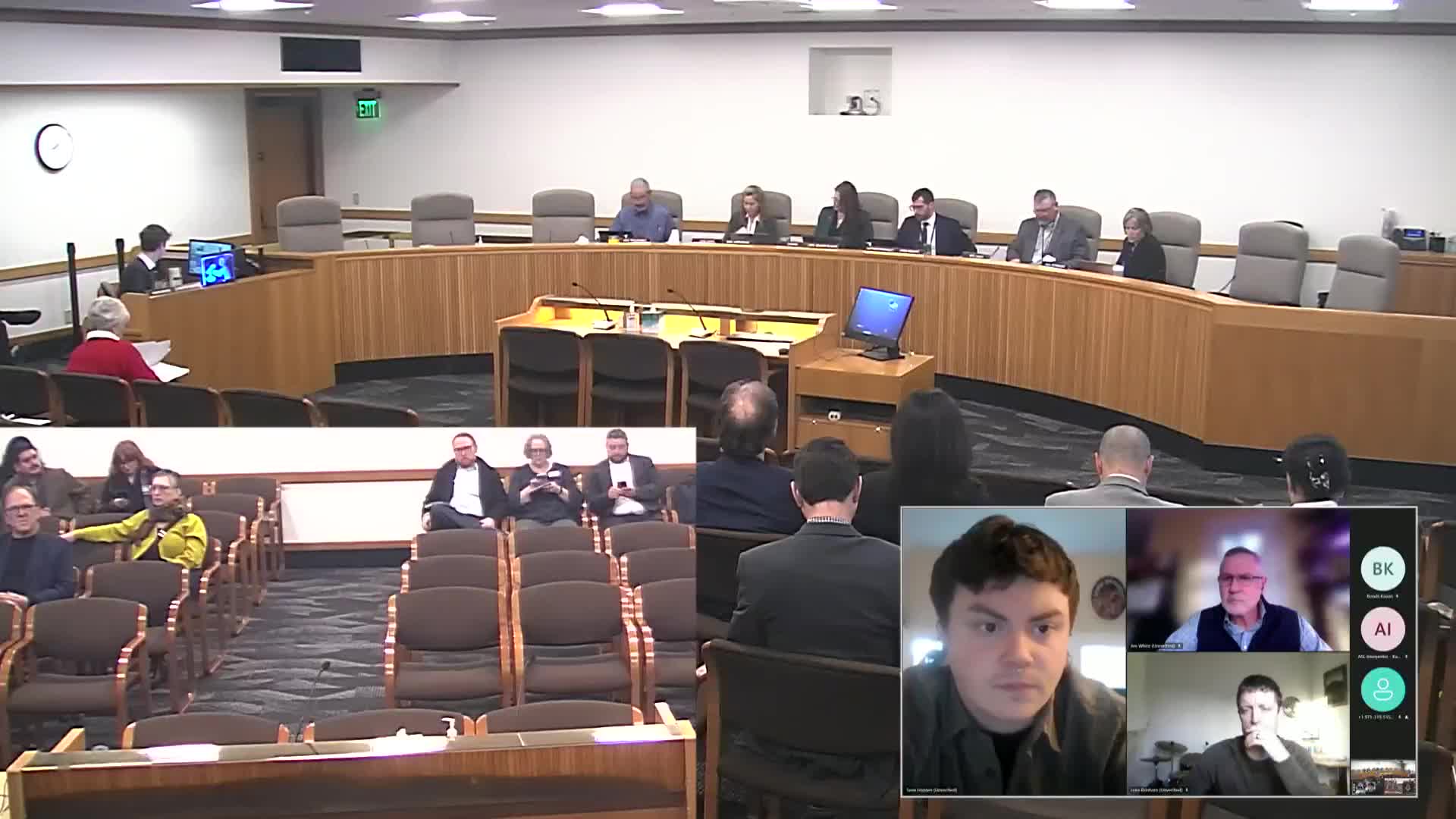
Human Services committee adopts emergency amendment to SB 138 to require DHS reporting website compliance
